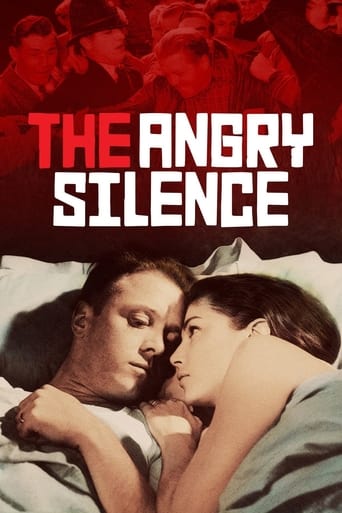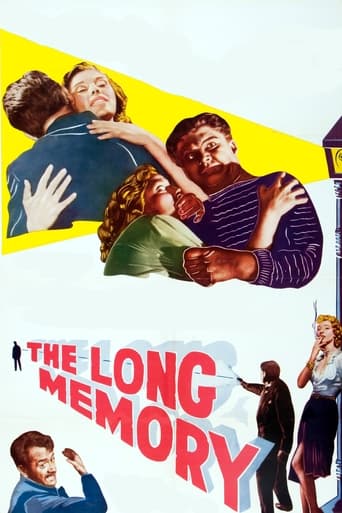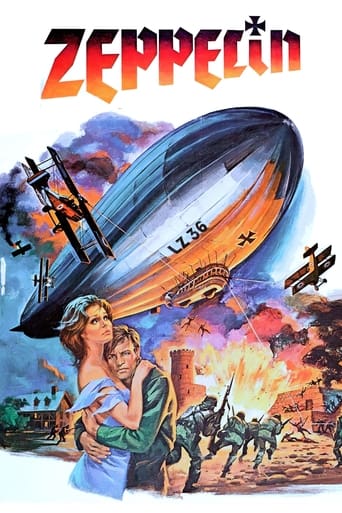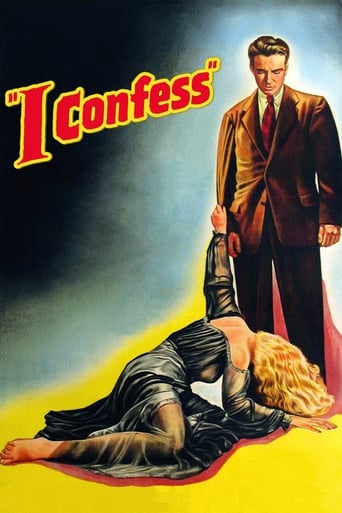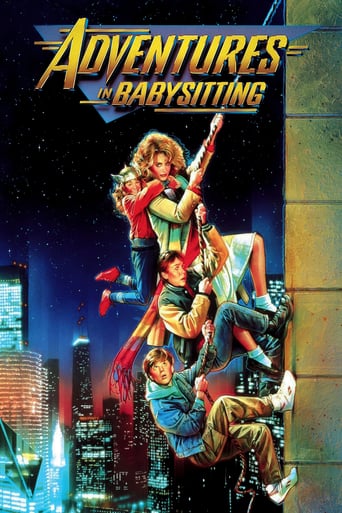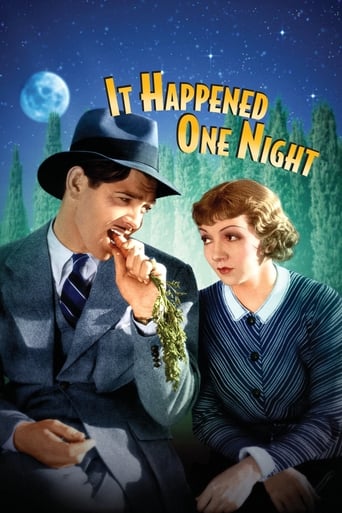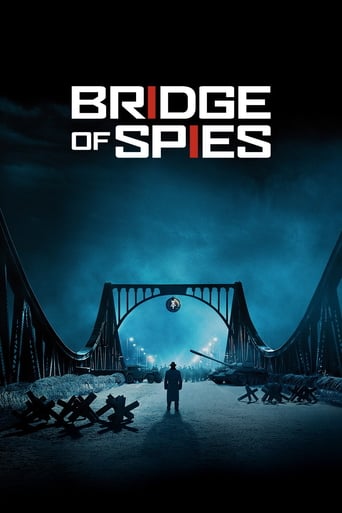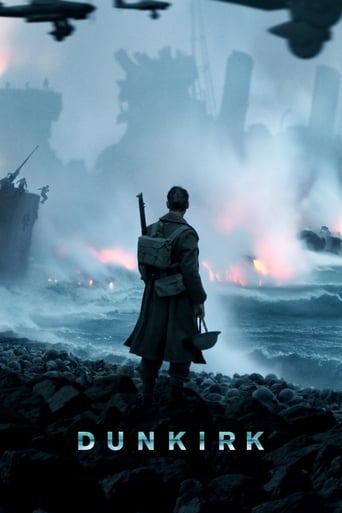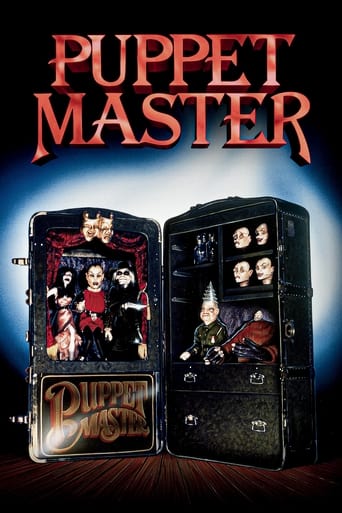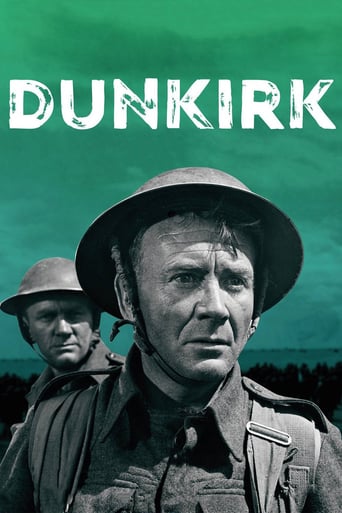


Dunkirk
A British Corporal in France finds himself responsible for the lives of his men when their officer is killed. He has to get them back to Britain somehow. Meanwhile, British civilians are being dragged into the war with Operation Dynamo, the scheme to get the French and British forces back from the Dunkirk beaches. Some come forward to help, others were less willing.
-
- Cast:
- John Mills , Richard Attenborough , Bernard Lee , Robert Urquhart , Ray Jackson , Ronald Hines , Sean Barrett


Similar titles





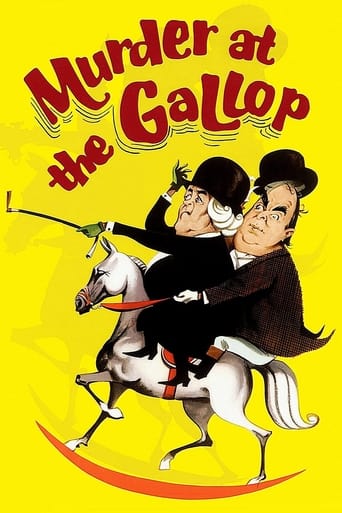

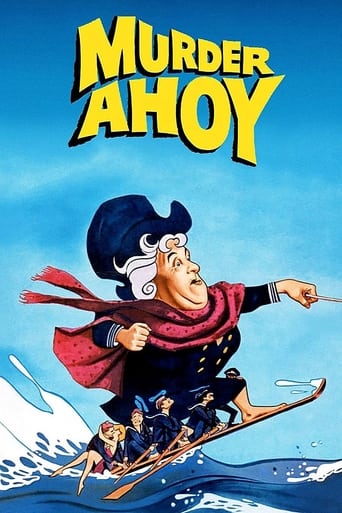


Reviews
Sadly Over-hyped
Don't Believe the Hype
While it doesn't offer any answers, it both thrills and makes you think.
This film is so real. It treats its characters with so much care and sensitivity.
Less than two decades after the real event, this film is a realistic portrayal of the Allied retreat and rescue at Dunkirk in the early months of World War II. The operation is known officially as the Battle of Dunkirk. Its name comes from the French town, Dunquerque, located near the beach on the English Channel between Calais and the Belgian border. Dunkirk was a defensive and withdrawal operation, part of the Battle of France on the Western Front. It lasted from May 26 to June 4, and marked the end of Allied forces on the European Continent for four years. While a huge defeat in battle, it also was considered a miracle, as noted in this film. British civilians volunteered to help with the rescue of troops when the admiralty conscripted hundreds of private small boats for such use. The German Luftwaffe strafed and bombed troops on the beaches, and bombed British and French ships sent to withdraw the Allied troops. More than 800 ships and boats took part in the evacuation. And these civilians and their small craft made a huge difference in the rescue of more than 338,000 men. Just under 200,000 British soldiers and 140,000 French, Polish and Belgian soldiers were rescued. About 35,000 French who fought the rear guard for the evacuation could not be evacuated and were captured by the Germans. The film is based on two novels written by British veterans of the war. The first book is Elleston Trevor's "The Big Pick-Up." It's set in France and is the source of the fleeing squad in this film, headed by Corporal Tubby Binns (John Mills). The second book, "Keep the Memory Green," is about the fighting retreat, the bombardment and strafing on the beaches, and the evacuation by the boats and ships. It was co-authored by British officers, Lt. Col. Ewan Butler and Maj. J. Selby Bradford. With its closeness in time to the war, the film exudes authenticity in all aspects. The settings appear real. The uniforms, weapons and equipment are the genuine articles. And, the talk and cultural portrayals of the men seem natural and genuine. The method of telling the story from two sides is particularly good - the military in combat and the civilians on the home front who will wind up in the rescue effort. Again, the genuineness of the people on the home front is apparent. And, one especially appreciates the integrity of this film. It clearly portrays the confusion, uncertainty and uneasiness of the time and place. It was that way among the troops in withdrawal. It was that way with the military leaders. It was that way among the British public at home. And it was that way in the government's communications with the press and public. For that, the authors and producers of this film are to be congratulated. Later films and articles about the war and Dunkirk gloss over this or ignore it entirely. The cast all are very good in their roles. The three main leads were superb in the portrayals of their characters. Besides Mills as Corporal Binns, Bernard Lee and Richard Attenborough played the major civilian roles as Charles Foreman and John Holden, respectively. Bernard Lee's character, Charles Foreman, seems to be a member of the press. He and Corporal Binns are having a drink in a bar while others are working on a boat engine. Binns asks him, "What about all of this?" Foreman's monolog captures the time, place and event well. He says, "Stupidity. Everybody saying that war was so terrible it couldn't happen again. And shoving our heads in the sand, like a lot of ostriches. Well, the Germans didn't think that way. To them, war meant guns or butter. They chose guns. We chose butter. No, you can't blame the Army. They had what we gave them - last war weapons, last war methods. This is the result."Here are some more lines from the film. Corporal Tubby Binns, "They're stupid. They don't even understand their own bloody language." Wounded Soldier (unknown), "Hey, Corp, seen this?" Corporal Tubby Binns looks at a German propaganda map showing the Allies trapped and urging them to surrender, then hands it back to the soldier. "Well, you know what you can do with that, don't you?" he says.Barlow, after Luftwaffe planes have strafed a road with fleeing civilians, says, "That's murder. Sheer murder. I hope somebody knows what they're doing."The narrator at the end says, "Dunkirk was a great defeat, and a great miracle. It proved, if it proved anything, that we were alone but undivided. No longer were there fighting men and civilians. There were only people. A nation had been made whole. "This is an important and historical film that should be in any serious WW II film library.
Ho ho! I see we're all at it, having seen Nolan's version of events but, coincidentally (I'm sure) More 4 Channel screened the earlier version of Dunkirk last weekend. Although I'd seen it before, I just had to compare the two films; just like everyone else! Anything war, with John Mills, is a must-see for a start. I've never seen him give a bad performance, whether he's playing a middle-class character, or his familiar chirpy cockney type as here. The action, though familiar, was well executed, featuring rearguard disruption of the German advance but not shying away from the brutal realities e.g. when the refugee column is machine-gunned from the air. The expletives uttered by the soldiers, though tame by today's standards, appear quite strong for the time, as well as occasionally humorous. "Don't mind him, he's just a moaning bleeder!" British viewers will be amused early on in the film when Flanagan and Allen are featured singing "Hang out our washing on the Siegfried Line" accompanied by an on-screen animated map showing the German advance and the British retreat across France. This idea was later copied for the title sequence for the TV comedy "Dad's Army" which also featured Bud Flanagan singing. The beach sequences are very similar to those in the newer film including the action on The Mole with recently loaded ships being immediately sunk and soldiers remarking on the number of times they've had to go back. However, the beach and dunes seem more crowded and chaotic during the air attacks which, this being a black and white film, tend to feature footage of real aircraft. The common view of the missing RAF was also emphasised when ground crew airman Michael Bate is harangued on the beach by angry soldiers and advised to change his uniform for battle dress. The little boats sequence is particularly well done even if the stoicism of the largely middle-class owners seems a little corny now. Richard Attenborough plays a self-satisfied, slightly cowardly factory owner who eventually sees where his duty lies and adds his craft to the flotilla. Bernard Lee plays a steady middle-aged reporter who is not averse to openly criticising those in charge of the war effort but who is also prepared to do his bit to help out. The big difference between this and the new film is that we get character development and get to know, like, empathise with and dislike them. As with any film of the time there is a host of well-known British character actors in the many roles featured. It's fun playing the "whatsisname game." Well done Leslie Norman, you have it over Chris Nolan.
Director Leslie Norman's "Dunkirk" tells the story of Operation Dynamo, the evacuation of British and French troops from the beaches of Dunkirk during WW2. Much of the film follows Corporal Tubby Binns (John Mills), an out-of-his-depth platoon leader who finds his unit trapped behind enemy lines. The film's best moments watch as this rag-tag bunch navigate the French countryside, skirmishing with Germans and doing their best to evade superior forces.Another subplot tells a familiar, propagandistic tale of war-time responsibility. Here Richard Attenborough plays a businessmen who casts aside cowardice and complacency in favour for rallying behind Britain's war effort. Running parallel to this is the story of Charles Foreman (Bernard Lee), a journalist who tries to shake up his indifferent readers."Dunkirk" ends with a massive set piece which won't impress modern viewers. Still, this is an interesting, idiosyncratic war film, and one which offers some fine views of rural, post-war Britain.7.5/10 – See "The Big Lift". Worth one viewing.
This is an above average account of the evacuation of almost half a million British and French troops from the beaches of France near the beginning of World War Two, when the German Blitzkrieg seemed unstoppable. There are good performances, nicely staged battle scenes, a well-written script, and impressive visual effects. A good job.The story alternates between Corporal John Mills' confused attempts to get his squad from the front line back to his unit on the beach, and the growing realization across the channel that the English will need to muster more than a handful of destroyers to get their army home. Bernard Lee and Richard Attenborough are two civilian small-boat owners who are swept up in the massive effort.It's really an impressive adult movie, free of heroics and flag-waving rhetoric. The Germans are not demonized. And when men die, they don't die Hollywood deaths, twirling around and collapsing. They die in pain, sometimes crawling helplessly before expiring. At the beaches, as the hordes of clumsily outfitted soldiers line up to board the motley fleet of dinghies, yachts, and ferries, they are shelled by artillery and bombed by Stukas. And when a shell or a bomb hits, the explosion is followed by hundreds of ululating howls of distress, a long collective moan of pain. Marvelously done.Bernard Lee is the thoughtful civilian Londoner who is critical of both the generalship that allowed the Allied forces to be surrounded in a small pocket on the channel, and the citizenry that has never taken Adolf Hitler seriously. Attenborough keeps finding excuses not to join the rescue effort because his wife tells him, "Promise you won't leave me and baby." "Fools at the top and fools at the bottom," remarks Lee. John Mills as the reluctant squad leader continued to surprise me. He's "Tubby" Bins, just one of the guys, until the sergeant is killed in action. One of the men points out that he now has the stripes. "I suppose I do," says Mills, surprised, uncertain, but not making a big deal out of it. He's not much at giving orders and having them followed. (He's the kind of non-commissioned officer I was.) But he gradually grows into the role and although the squad incurs casualties he manages to pull most of them through. Mills does everything possible with this character arc. A lesser actor would have played it as a stereotype -- stern from the start, adamantine and unchanging. It would have been easy.There are some remarkable, sweeping shots of the cold, wet beaches showing hundreds of shivering, frightened men. At some moments they recalled the ligament-stretching efforts at gigantism of "The Longest Day." They're all the more strange for appearing in a movie that at all other times seems to have a limited budget.The writing and editing slip towards the end. We see multiple attempts to get the men off the beach in fully loaded boats and ship. They all fail until Attenborough gets Mills and the others on his small yacht and takes off for Dover -- and they're among the last to go. The impression we're left with, until it's corrected by the narrated epilogue, is that hardly anyone escaped from the pocket. Some of the minor roles are less than well executed.But none of that detracts from the overall impact of the movie. It has all sorts of incidental trouvees. A German grenade detonates near one of Mills' men and knocks him down. As time passes, it becomes clear that there's something wrong with the man. He's dizzy. His judgment is clouded. "It's just concussion," decides Mills, "and he'll be alright." Now, in a by-the-numbers war movie, we know this will not turn out to be the case. The man will continue to deteriorate before finally collapsing and gasping out a few last sentimental words before passing away from brain damage. But what happens here? Exactly what Mills says. The guy recovers after getting some sleep and is fine again. His temporary impairment could have been eliminated entirely from the script with nothing lost except a slight but incisive touch of realism.

